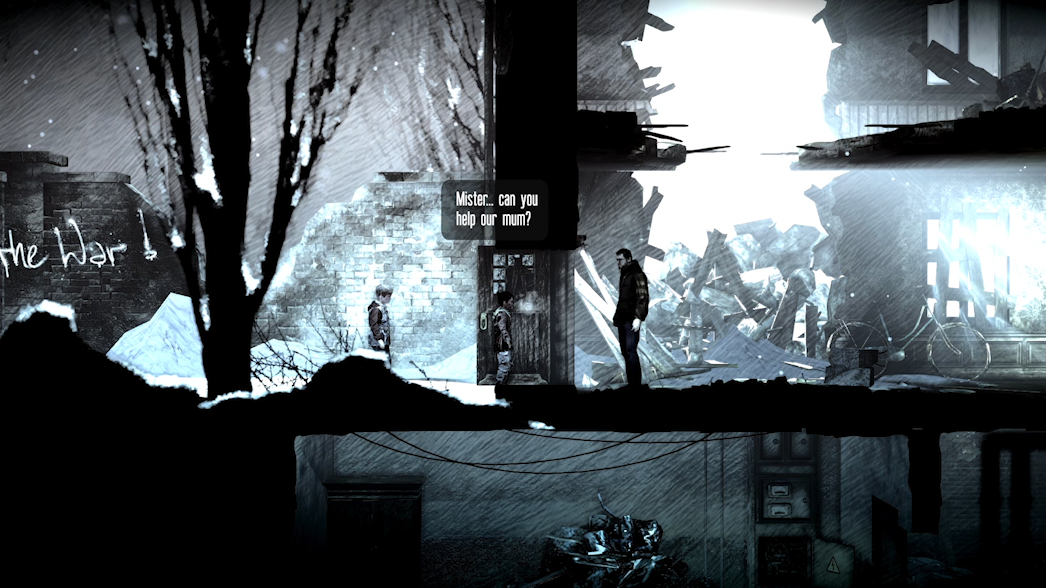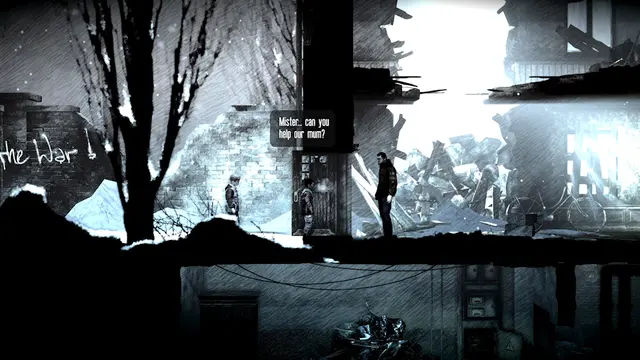03:52

The potential of video games as an educational tool is only just being realized, say the developers of
This War of Mine
, which is to be added to Polish students' reading lists.
Last month, Polish Prime Minister Mateusz Morawiecki announced the war-survival game will join the country's reading list for students studying subjects including philosophy and history. The project, which is still be finalized, will be for students aged over 18, due to the game's mature content.
The games industry is thought to be worth $23.7 billion in the EU alone and while games' commercial power is evident, their educational potential is yet to be explored.
Academic research into games' educational benefit has shown that games can help develop players' "metacognition" (their ability to think about their own thinking), boosting academic achievement. The developers of
This War of Mine
want to go beyond that, they hope their game will provide insight into a player's perspective on ethics and morals.
Released by Polish company 11 bit studios in 2014 to critical acclaim, the game focuses on the civilian experience of war, rather than those involved in front-line combat. Players have to survive day-by-day in a conflict zone, by scavenging for supplies while maintaining their character's health, hunger and mood.
Pawel Miechowski, who developed the title for 11 bit studios, says the game doesn't shy away from the seriousness of the subject matter – an extension of the game even requires players to look after a vulnerable child, adding further layers of responsibility into the gameplay.
The sobriety of
This War of Mine
should come as no surprise, as the developers were inspired by an interview with Hollywood film director Steven Spielberg, who said video games will become art when they can make people cry.
Throughout the game, the player will encounter computer-controlled characters who are in a similar situation to the their avatar. Players can choose to help by providing them with precious supplies or steal from them, an action that could result in murder. These encounters give the player constant moral choices, which are made all the more difficult due to the game's realistic setting and challenges.

The game is based on no particular conflict and, rather, is meant to reflect a universal experience of war. /11 bit studios.
Miechowski says games can be more powerful than other media taught in schools – be it books, poems or films. "A game has one big difference from other forms of storytelling and it's interactivity ... it makes you more a storyteller, rather than someone who just receives it or is a spectator."
The experience of war is just an opportunity for the game to explore wider, universal themes, the game's developer says: "The game is a personal experience. So it's different from one person to another.
"Some people have, it's very hard to describe it, a shared emotional experience. For some, it is lighter. Some criticize in a way that they are the bad guys within the game. So it's a mirror in which people can look at themselves.
"I see it as a tool that can be used in many different ways. And it's more about the students and the teachers."
It is these traits that have led to the game being taken on by educational institutions including universities in Europe and the U.S. as well as in Poland.
It is this seriousness, lacking in many more commercial video games, that has made the title so appropriate for education. Miechowski explains with a smile that following the title's release the team started receiving emails andletters telling them that in playing the game they were brought to tears.
Video editor: Riaz Jugon
 简体中文
简体中文

